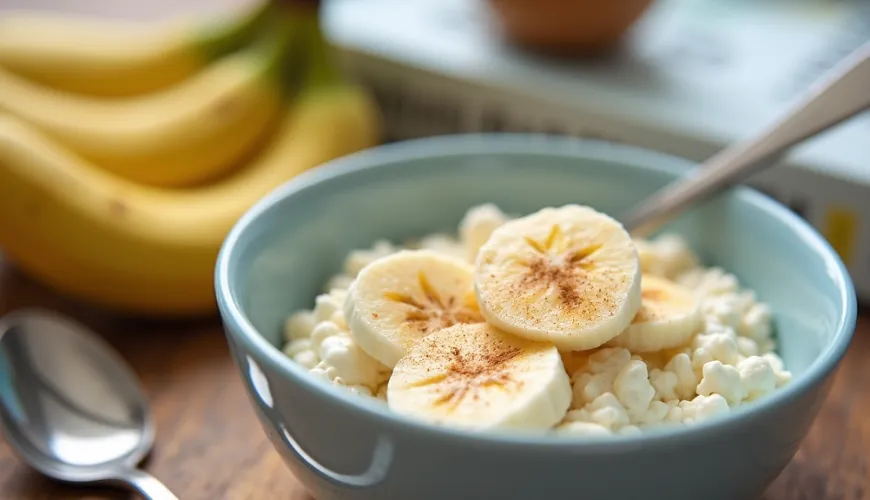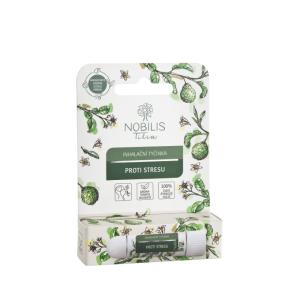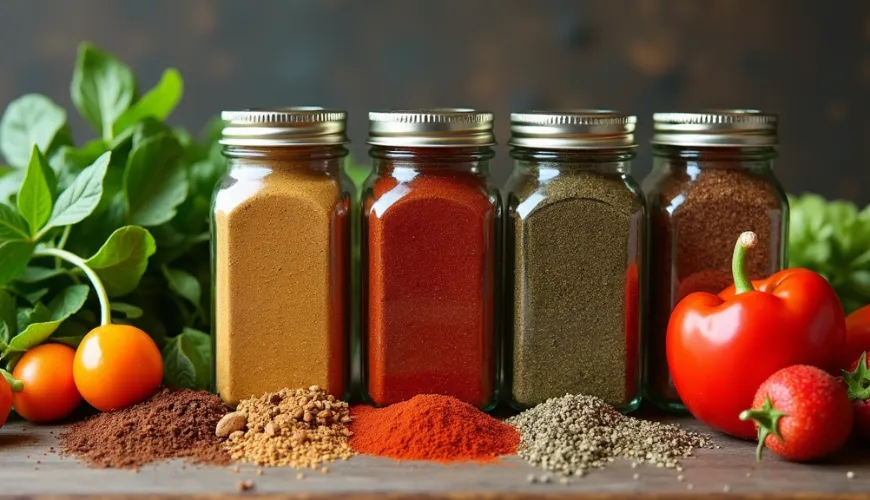
How Cottage Cheese and Reflux Affect Your Diet and Digestion

Quark and Reflux - How Dairy Products Affect Heartburn and What Experts Think
When you hear reflux, most people think of unpleasant heartburn, pressure behind the breastbone, or a sour taste in the mouth after eating. This condition, known as gastroesophageal reflux disease (GERD), affects millions of people worldwide, and its prevalence is steadily increasing. Among the frequently discussed factors that can influence the manifestations of reflux is diet—specifically dairy products. Recently, the question has arisen: Is quark suitable for reflux, or should it be avoided?
Quark, a traditional component of Czech cuisine, is often recommended as a light and nutritious food suitable for various dietary restrictions—from weight-loss diets to athletes' meals. However, when it comes to reflux, opinions start to diverge. Some claim that quark can irritate the esophagus and worsen symptoms, while others consider it a safe alternative to other dairy products. So, what's the truth?
What is Reflux and Why Does it Occur
To understand the relationship between quark and reflux, we first need to comprehend what actually happens in the body during reflux. Reflux occurs when stomach acids flow back into the esophagus, which is not equipped to handle them. This backflow can be caused by a weakened lower esophageal sphincter, overeating, consuming highly irritating foods, stress, or even pregnancy.
Try our natural products
Symptoms of reflux can vary—from heartburn and belching to chronic cough, hoarseness, or swallowing difficulties. And because reflux issues are often closely related to what we eat, adjusting one's diet is a crucial part of treatment.
Are Dairy Products Enemy Number One?
Dairy products as a whole are often questioned in the context of reflux. Whole milk, cream, or fatty cheeses can be triggers for some people because they are hard to digest and promote stomach acid production. Moreover, fats generally slow down stomach emptying, which can worsen reflux.
But what about quark? It contains significantly less fat and provides the body with quality proteins and calcium. It sounds like an ideal food for those trying to eat lightly and healthily. Still, the answer isn't that straightforward.
How Quark Behaves During Digestion and What the Stomach Thinks
Quark is a dairy product high in casein—a slowly digestible protein that can remain in the stomach longer than other proteins. This can be advantageous for athletes or during a weight-loss diet, but for some individuals with reflux, this property might pose a problem.
Quark also tends to be slightly acidic, especially in low-fat or fat-free variants. And although not every person with reflux reacts the same way to acidic foods, for some, this acidity can cause esophageal irritation. There's also an interesting relationship between quark and evening eating—popular "quark at night" could present a risk for reflux because lying down after eating increases the likelihood of stomach acid moving back into the esophagus.
What Do Experts and Studies Say?
Doctors and nutritionists point out that no food is universally harmful or beneficial—it all depends on individual tolerance. For example, Kate Zeratsky, RDN, a nutrition expert from Mayo Clinic, states: “Foods that cause reflux in one person may not affect another. It's important to listen to your body and keep a food diary."
A study published in the Gastroenterology Research and Practice journal in 2018 showed that some GERD patients experienced a reduction in symptoms after consuming low-fat dairy products. In other words, it's not always necessary to avoid quark, especially low-fat or semi-skimmed versions without added flavorings.
A Practical Example from Everyday Life
Imagine Petra, a thirty-year-old mother of two small children, who has suffered from frequent heartburn since giving birth. She decided to adjust her diet by eliminating coffee, chocolate, citrus fruits, and fried foods. Yet, reflux continued to bother her—especially at night. She noticed that her favorite evening dessert of quark with fruit was often followed by unpleasant burning. After consulting with a nutritionist, she switched to gentler alternatives—plain Greek yogurt, a banana, or oatmeal. Results appeared within days. Reflux subsided, her sleep improved, and Petra discovered that quark isn't harmful by itself, but its timing and combination with other foods can play a crucial role.
How to Adjust Your Diet for Reflux Without Unnecessary Restrictions
The good news is that most people don't need to follow an extremely strict diet for reflux. The key is avoiding known triggers while monitoring individual reactions. If quark becomes suspect, it's worth trying the following strategies:
- Choose low-fat or semi-skimmed versions without added sugar
- Consume quark in smaller amounts and preferably in the morning or afternoon
- Avoid lying down for at least 2–3 hours after eating
- Avoid combining with acidic fruits, chocolate, or coffee
- Keep a diary and note when symptoms occur
Quark Yes, But with Respect for the Body
Reflux is a complex health issue and cannot be simply resolved by eliminating one food. However, quark might be a problematic element for some people, especially if consumed in the evening, in large quantities, or in combination with other acidic components. On the other hand, it is a nutritious, easily digestible food that, with proper timing and adjustment, can be part of a balanced diet.
The answer to the question "Is quark suitable for reflux?" is: it depends on the individual. There is no universal rule, but there is a way to listen to your body and find what benefits it. And perhaps that's the most important step on the path to better digestion and a more satisfied life.


